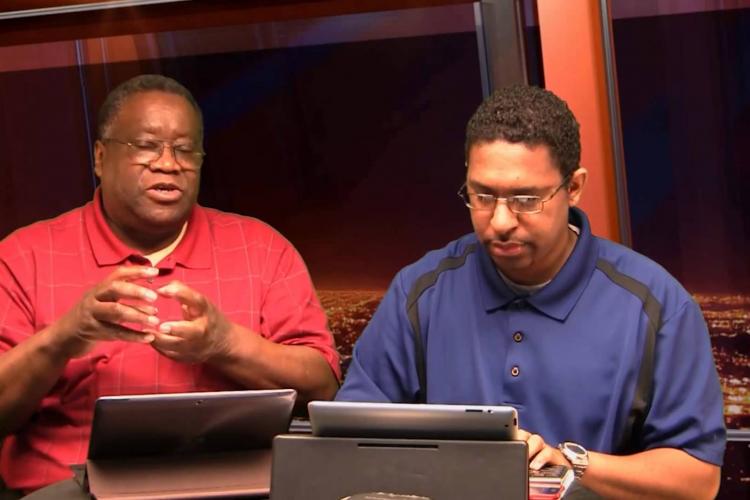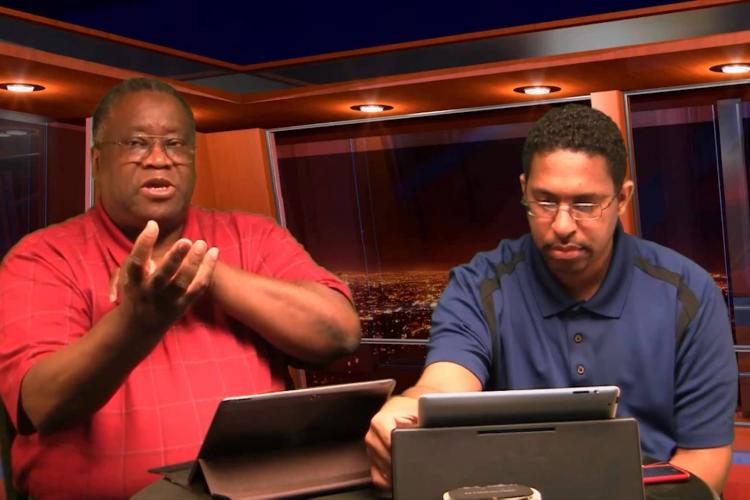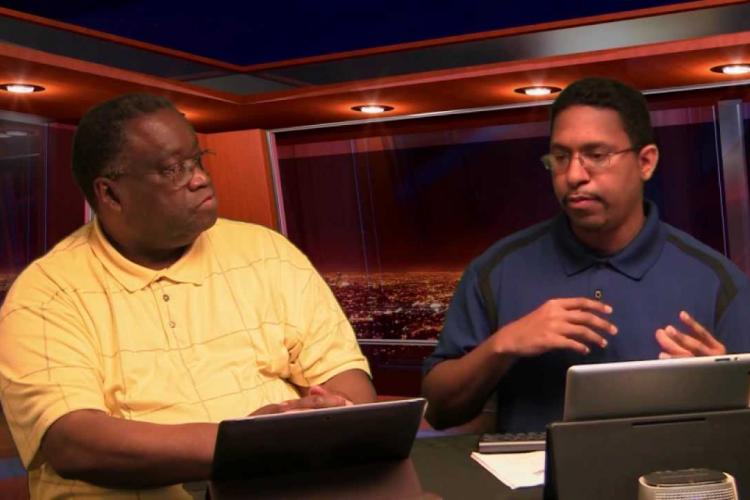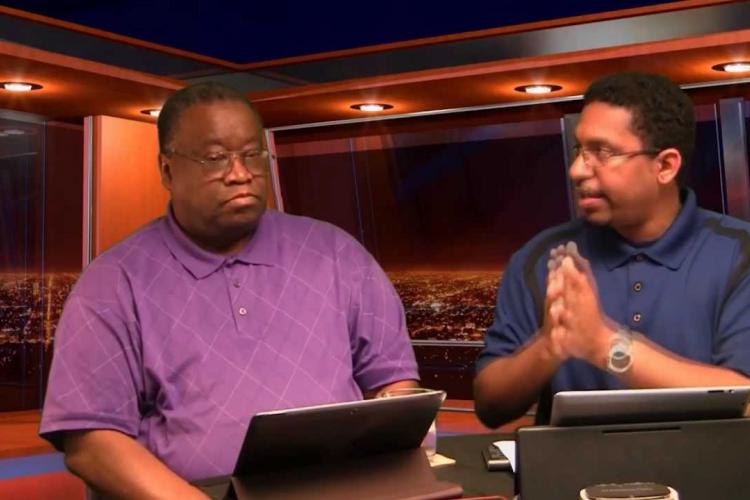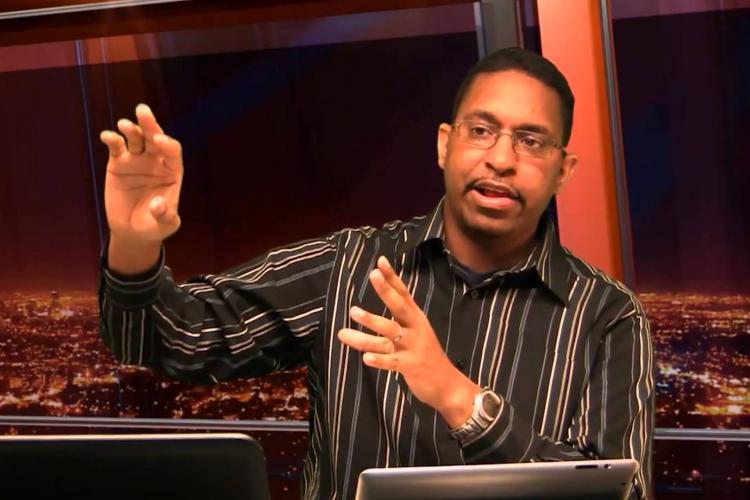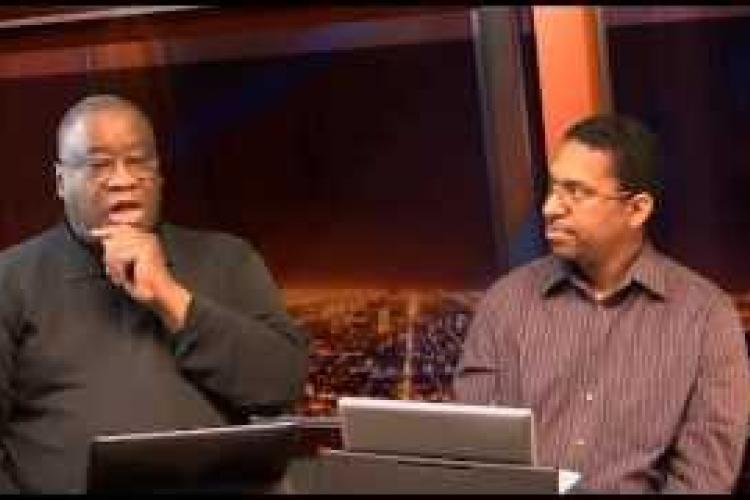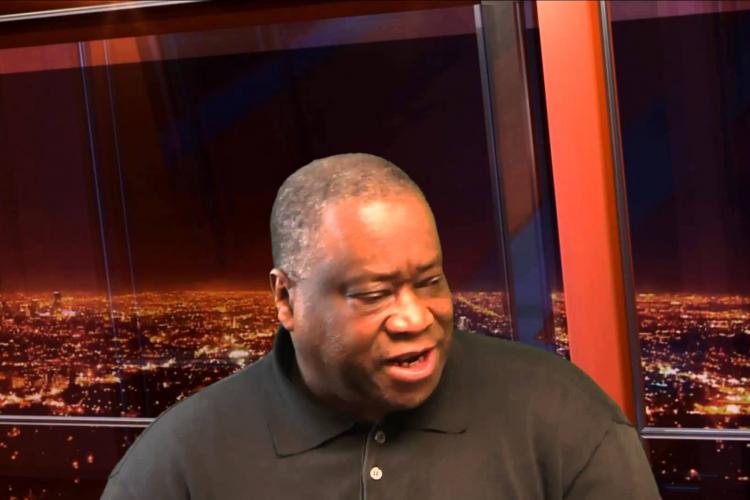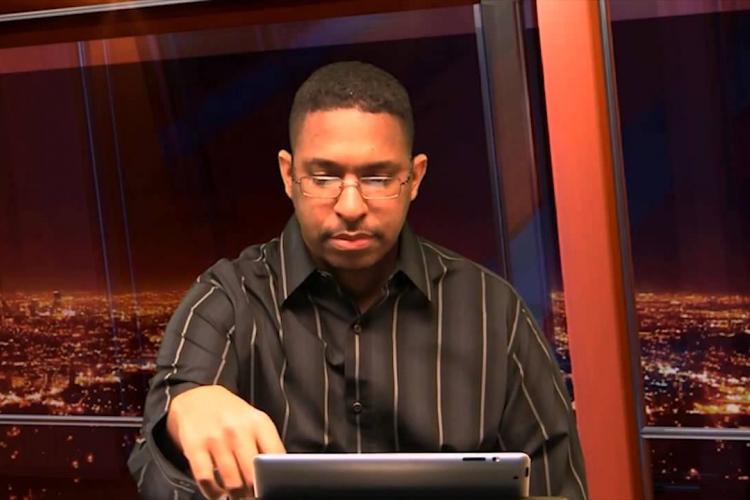This week we discuss the last book of the Old testament. Several questions are addressed. Does God love on person and hate another? Was Esau destined for failure? Is it really possible for a person to rob God? Should we give God the best or worst of what we have? This study also discusses God's love and His faithful relationship with His people.
Explores the messianic prophecies in chapters 8 through 14. God promises to send His righteous servant, the good shepherd. What does this mean? Why did so many misunderstand the prophecies of how the Messiah would be pierced and the sheep scattered? What does this say about how God reveals truth to His people? How should we reveal truth to people today?
Does God withhold blessings from people when He is not put first? What are some of the ways we don't put God first in our lives? In this week's study, John Spellman and Joseph Williams explore the return of God's people from captivity as they rebuild their own homes and leave God's temple in ruins. What was significant about the temple being left in ruins? What does God being "with us" really mean?
This week's study explores Zechariah 1-4 and each of the visions Zechariah has in those chapters. We will explore God's forgiveness and mercy. What does God mean by being "Jealous for Jerusalem"? Why was the angel of the Lord displeased by the nations being settled and at ease? What promises did God make to His people that still apply to us today? What was the true meaning behind the vision of Joshua the High Priest standing before the angel in filthy garments? How does this apply to us today? What was the vision of the lampstand with the seven golden lamps about?
Continuing the series on the minor prophets, John Spellman explores the prophet Zephaniah in this week's lesson. This study focuses on the "Day of the Lord". Is this day a day for everyone to look forward to? What does it mean to "Seek the Lord"? Why is it necessary for a loving God to judge? How does corruption among God's people spread so quickly? What is God's promise in spite of His divine judgment? Does God God really know how to sing? These questions are explored in this week's lesson.
We were VERY short staffed tonight, but John Spellman covers the ministry of the prophet Micah. This study examines the hard lot of a prophet. Although many looking back regard prophets as heros and place them on "pedestal", they were ordinary human beings who went through great trials and perils. Micah, like many prophets, was grieved and sorrowful about the message he had to preach. Were God's messengers meant to be detatched from people? Did they share in the distress and sorrow that would come upon the wicked as a result of sin?
This week we begin focus on the minor prophets. John Spellman and Joseph Williams discuss Spiritual Adultery based on the story of the prophet Hosea. How can Christians today avoid spiritual adultery? What does it mean to be faithful to God? How can we know God? Why would God command a holy prophet to marry a prostitute?
God is a God of love and at the same time a God of justice. What is the connection between God's love and justice as revealed in the story of Hosea? What can we learn through Hosea's metaphors about God's compassion on His people. Find out in this week's lesson.
John Spellman covers the message of Amos. Do religious rituals and practices really give us unrestricted access to God? Is there something more important than the rituals we do at Church? Are their times when God won't accept rituals He, Himself, put in place? What does it mean to "Seek the Lord, and Live"? Why does our society confuse good and evil when God seems to have a particular view of good and evil? These questions are explored in this study.


